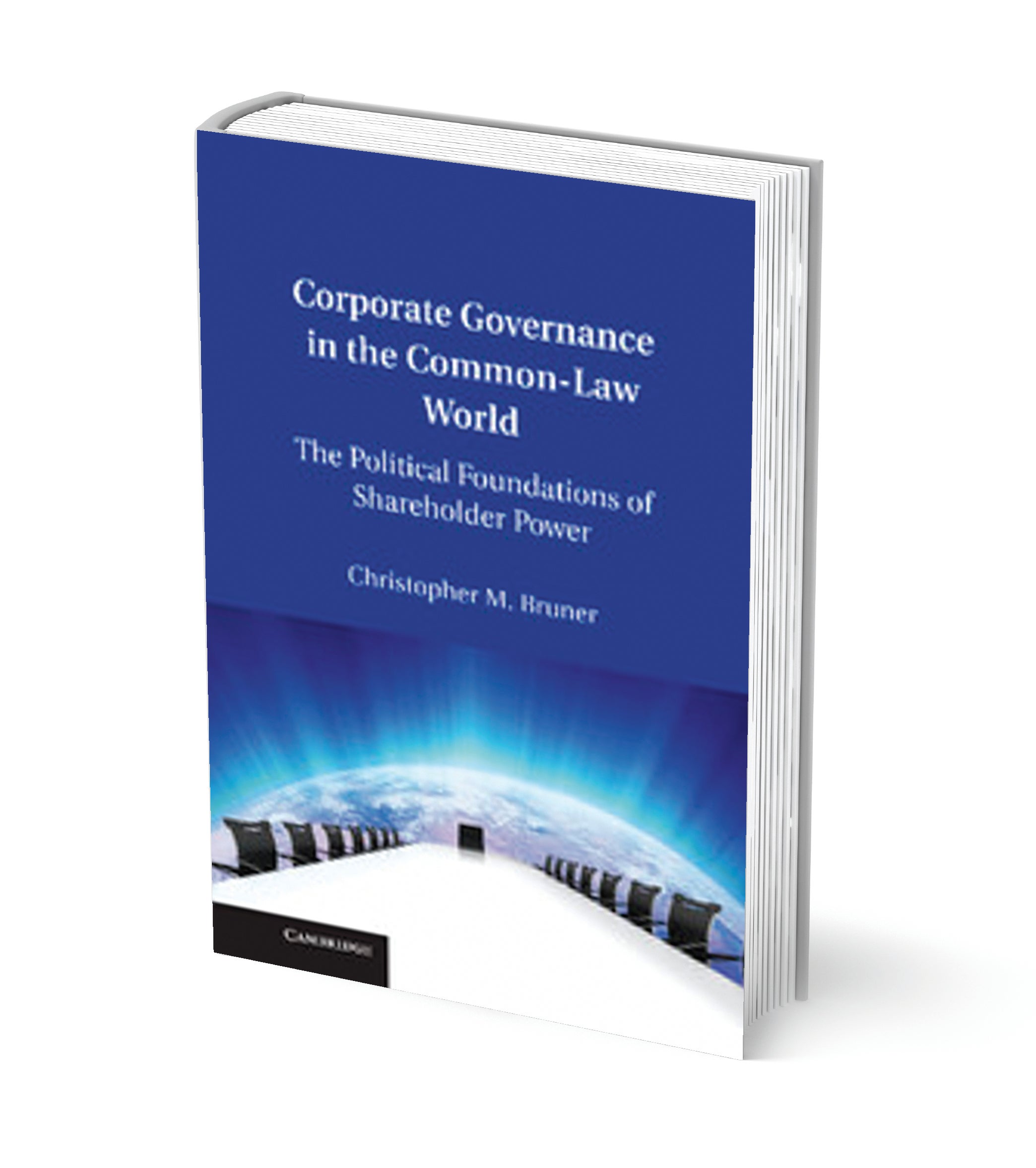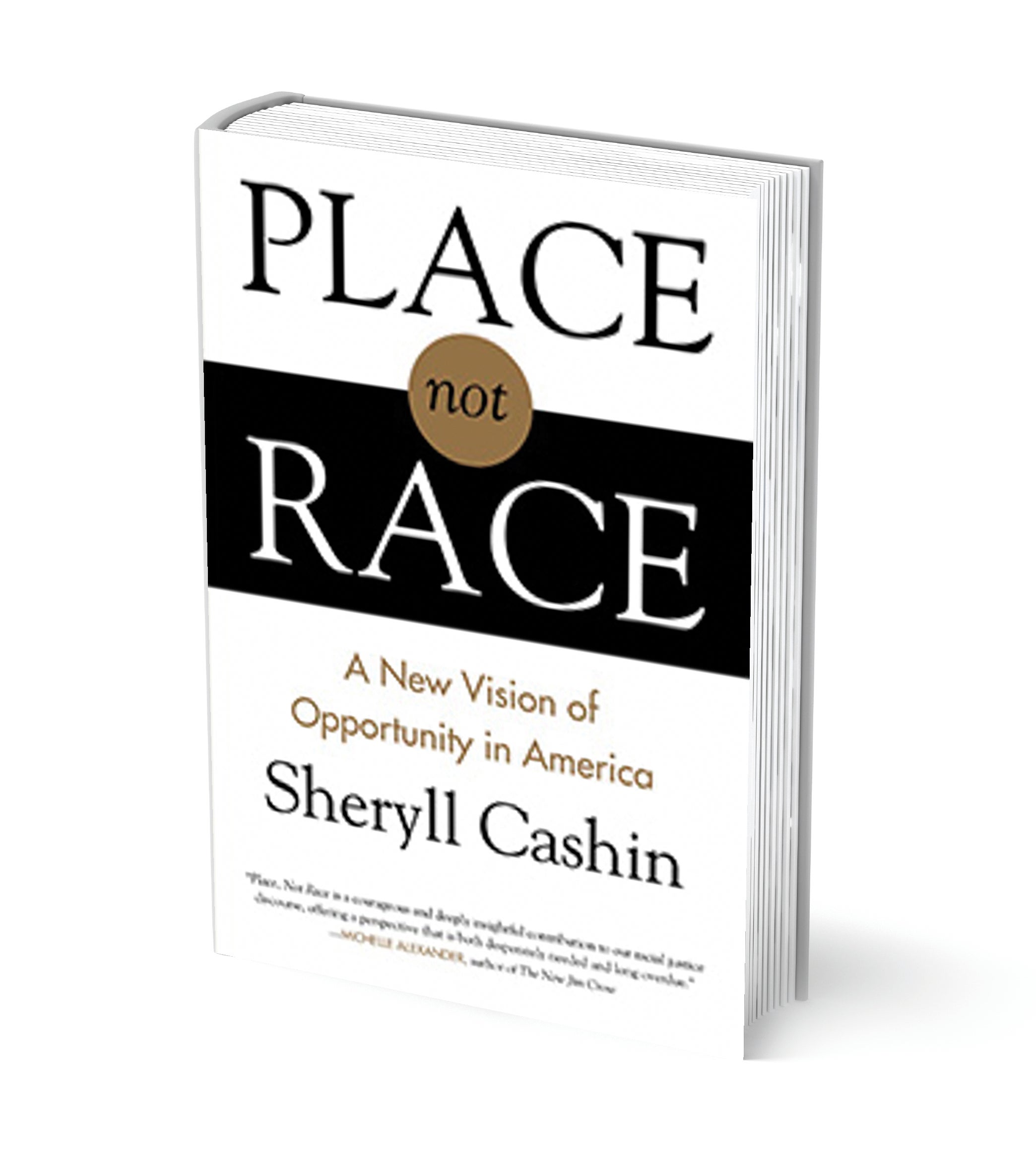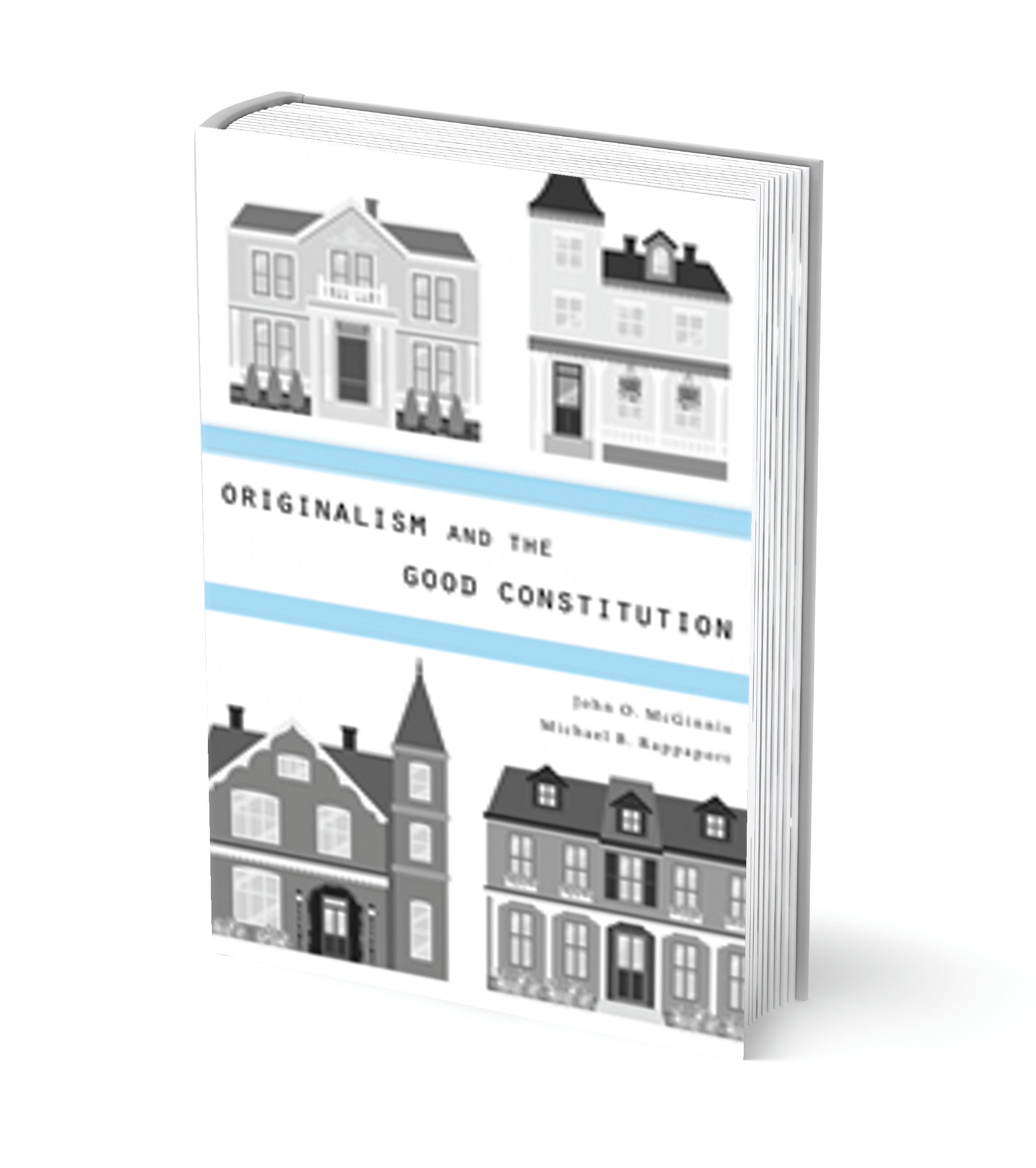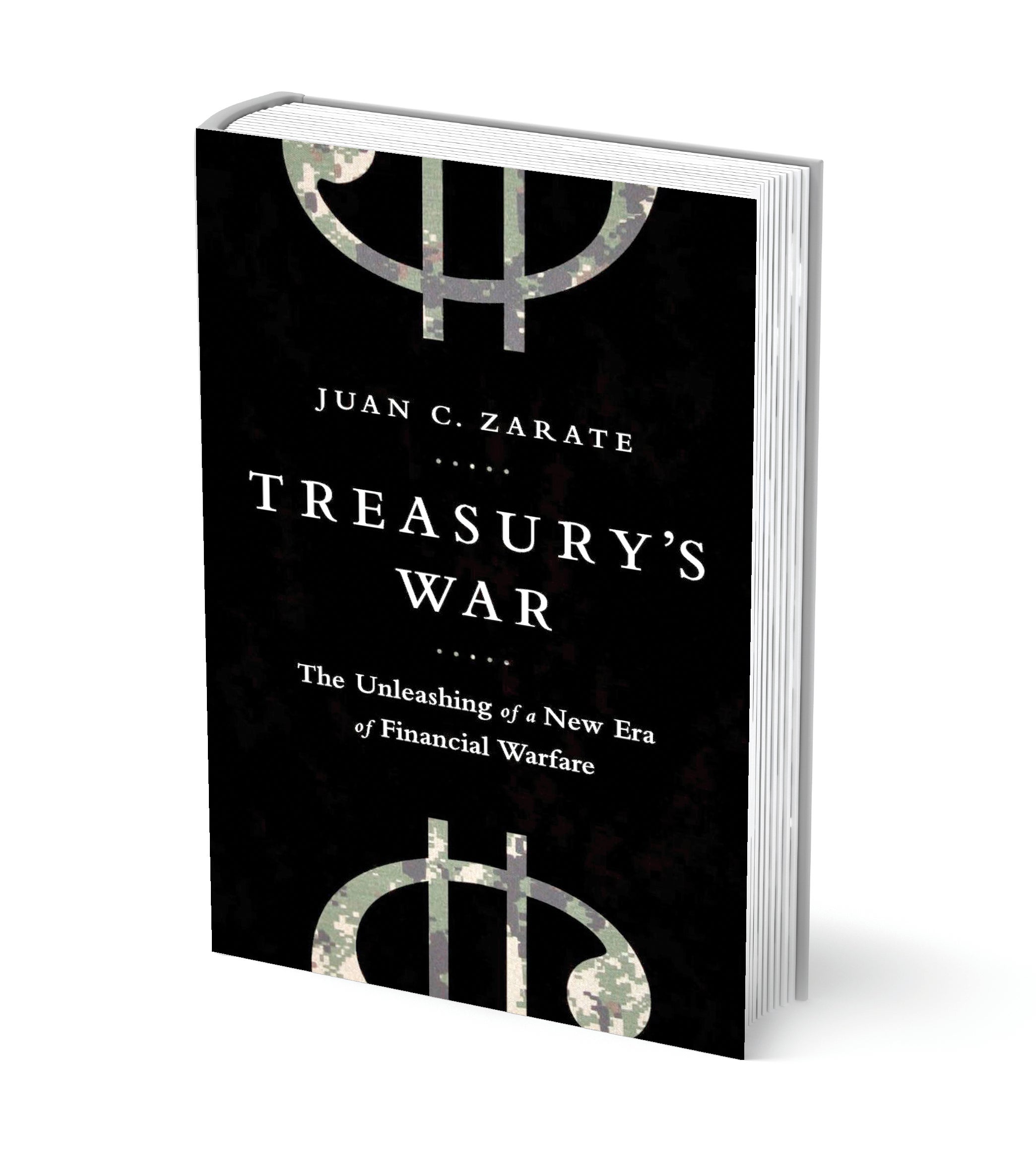
“Corporate Governance in the Common-Law World: The Political Foundations of Shareholder Power,” by Christopher M. Bruner ’01 (Cambridge)
Although common-law jurisdictions have the same legal origins, in practice they exhibit major differences from one another as shown by varied corporate governance systems, according to Bruner. The professor at Washington and Lee University School of Law examines the power of shareholders in public companies, emphasizing that those in the United States have less influence than those in places such as the United Kingdom and Australia. He explores the reasons for the differences and how law and public policy affect corporate governance.

“Place, Not Race: A New Vision of Opportunity in America,” by Sheryll Cashin ’89 (Beacon Press)
Aiming to create a “politics of fairness,” the professor at Georgetown Law proposes a new form of affirmative action called “diversity practice,” whose focus is on high-poverty neighborhoods and schools, not skin color. Such a plan will foster more social cohesion, Cashin writes, as well as help those racial minorities who have been disadvantaged by segregation. Drawing on social science research, she points to effective ways to develop multiracial coalitions, rather than focusing on the resentment often fueled by traditional affirmative action programs. “When the values of whites and people of color converge,” she writes, “and real efforts are made to build alliances among them, transformative change ensues.”

“My Fight for a New Taiwan: One Woman’s Journey from Prison to Power,” by Lu Hsiu-Lien LL.M. ’78 and Ashley Esarey (University of Washington
The first woman to serve as vice president of Taiwan, Lu recounts an unlikely life journey, in which she experienced a poverty-stricken upbringing, a cancer diagnosis, Harvard Law School, a fight for democracy, and a long prison term in her native land, and which culminated in her winning one of its highest offices (and, while in office, surviving an assassination attempt). Taking positions once considered radical—from her belief that her country should be independent from the People’s Republic of China to her campaign for women’s empowerment in a traditionally patriarchal society—Lu tells a dramatic story that continues in her post-political career, as she advocates for international human rights.

“Originalism and the Good Constitution,” by John O. McGinnis ’83 and Michael B. Rappaport (Harvard)
While promoting the theory of constitutional originalism, the authors also acknowledge—and, in many ways, agree with—several objections to it. Indeed, McGinnis, a professor at Northwestern Law, and Rappaport say that originalism is not justified by arguments that the constitutional enactors were originalists, that it comports with democracy or that it offers clearer rules to constrain judges. Rather, they argue, originalism has value “because it promotes constitutional interpretations that are likely to have better consequences today than those of nonoriginalist theories.” They also note the importance of the supermajority process that produced the Constitution, citing it as a distinctly American feature of constitutionalism that is worth preserving.

“The Letters of Arthur Schlesinger, Jr.,” edited by Stephen Schlesinger ’68 and Andrew Schlesinger (Random House)
Arthur Schlesinger Jr. served as President John F. Kennedy’s special assistant and wrote “A Thousand Days,” the definitive account of the administration. Fifty years after Kennedy’s death, Andrew and Stephen Schlesinger published their father’s letters to that president and other luminaries, including Harry Truman, Bill Clinton, Robert Kennedy, and Henry Kissinger. The letters, written from 1945 to 2006, shortly before Arthur’s death, reflect a history of liberalism, which he championed. They are also pointedly honest and respectful, regardless of the stature and political leanings of the recipients, note the brothers (Stephen would follow in his father’s footsteps as a writer and political adviser). “This book,” they write, “is a testament to Schlesinger’s unvarnished, elegant, and provocative correspondence over a six-decade period.”

“Perfecting Your Pitch: How to Succeed in Business and in Life by Finding Words That Work,” by Ronald M. Shapiro ’67 with Jeff Barker (Hudson Street Press)
Life is filled with moments when we wish we could come up with the right words. Shapiro, a best-selling author and experienced negotiator, has devised a way to do that based on a method he calls scripting. While many people “wing it” when it comes to important conversations, the author advises that they instead remember the “Three D’s”: drafting what you wish to say beforehand, seeking a devil’s advocate to critique your argument and preparing for your delivery. He outlines many common scenarios, including from his own personal experiences, where this system leads to a desired result.

“Treasury’s War: The Unleashing of a New Era of Financial Warfare,” by Juan C. Zarate ’97 (PublicAffairs)
Following the Sept. 11 terrorist attacks, the world’s focus understandably turned to the U.S. military response. But in the aftermath of the attacks, the country also devised very different techniques to fight terrorists—techniques which Zarate writes have “increasingly become the national security tools of choice for the hard international security issues facing the United States.” The author should know, as one who served as the first assistant secretary of the Treasury for terrorist financing and financial crimes. In his book, Zarate, a lecturer on law at Harvard Law School and a senior adviser at the Center for Strategic and International Studies, details the “hidden war” involving the expansion of the international anti-money laundering regime; financial tools and intelligence focused on national security; and a relationship with private-sector banks to help isolate rogue entities. Zarate also tells the story of his colleagues who have fought the financial war wearing gray suits instead of camo fatigues. In particular, he describes actions against regimes like Iran, North Korea, and Syria as well as nonstate actors like Al Qaeda, including locating and recovering Saddam Hussein’s hidden assets in Iraq and abroad, and targeting a bank helping North Korea evade sanctions and conduct illicit financial activity. In addition, Zarate writes on the coming financial wars, including how the U.S. system may itself be vulnerable. Because the tools and strategies of financial warfare may be appropriated by others around the world, he writes, “The United States must begin to play a new and distinctly financial game of geopolitical competition to ensure its security and to seize emerging opportunities.”